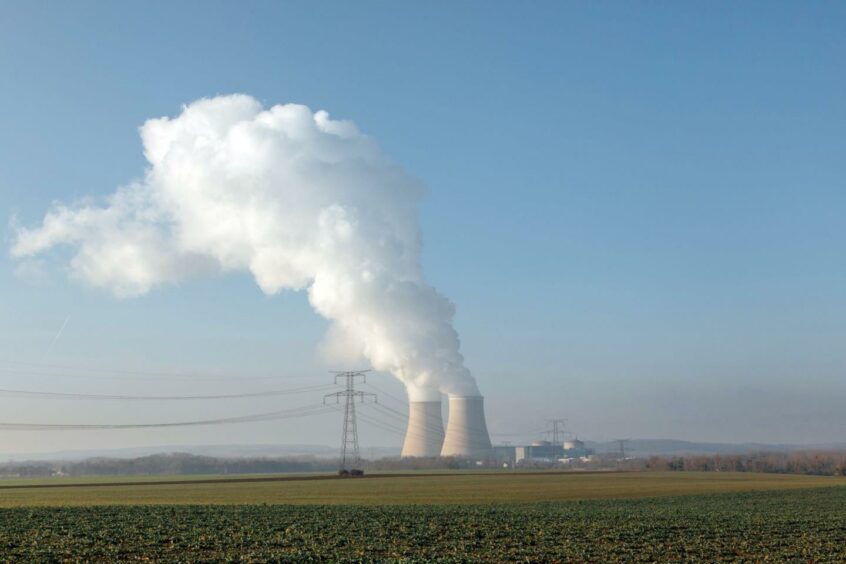
The European Union is planning to allow some natural-gas and nuclear energy projects to be classified as sustainable investments in a proposal that sparked immediate criticism from the Greens.
The European Commission wants to give a temporary green label to gas projects that replace coal and emit no more than 270 grams of carbon dioxide equivalent per kilowatt-hour, according to a draft regulation seen by Bloomberg News. Such plants would have to obtain construction permits before the end of 2030, and have plans to switch to renewable or low-carbon gases by the end of 2035.
Nuclear energy could be classified as sustainable as long as new plants that are granted construction permits by 2045 meet a set of criteria to avoid significant harm to the environment and water resources, according to the draft, sent on Friday to EU national governments for review.
“The Commission considers there is a role for natural gas and nuclear as a means to facilitate the transition towards a predominantly renewable-based future,” the EU executive arm said in a statement on Saturday.
The design of the EU investment classification system, known as taxonomy, is closely watched by investors worldwide and could potentially attract billions of euros in private finance to help the green transition. The challenge is to ensure the decision on nuclear and gas gets political support, while avoiding the risk of greenwashing, or overstating the significance of emissions cuts.
Europe wants to reach carbon neutrality by the middle of the century under the Green Deal, a sweeping overhaul that aims to accelerate pollution cuts in all areas, from energy production to transport.
Yet for some lawmakers, investors and activists, classifying gas or nuclear projects as green would harm the entire sustainable investment rulebook.
“Including nuclear power and gas in the EU taxonomy is like labeling a caged egg as organic,” said Michael Bloss, a German member of the Green group in the European Parliament. “Instead of channeling money into investments in the solar and wind industries, old and extremely expensive business models can now be continued under false guise.”
The taxonomy aims to guide investors to clean projects. The decision on whether it should include gas and nuclear power was delayed in April following criticism that such an addition could undermine the credibility of the system.
Giving a temporary green label to certain gas projects could facilitate investments in cleaning up coal-based heating systems in countries such as Poland. That’s an argument often raised by East European politicians.
The inclusion of some nuclear energy projects would help attract private finance in nations from France to the Czech Republic, which plan to rely on atomic power in their transition to net-zero emissions.
The Commission is also planning to ensure a high degree of transparency to investors concerning gas and nuclear energy, introducing specific disclosure requirements for non-financial and financial undertakings.
Member states and the Platform on Sustainable Finance have until Jan. 12 to provide feedback. The Commissions will then adopt the delegated act later this month. In the next step, it will be sent to EU nations and the European Parliament for scrutiny.